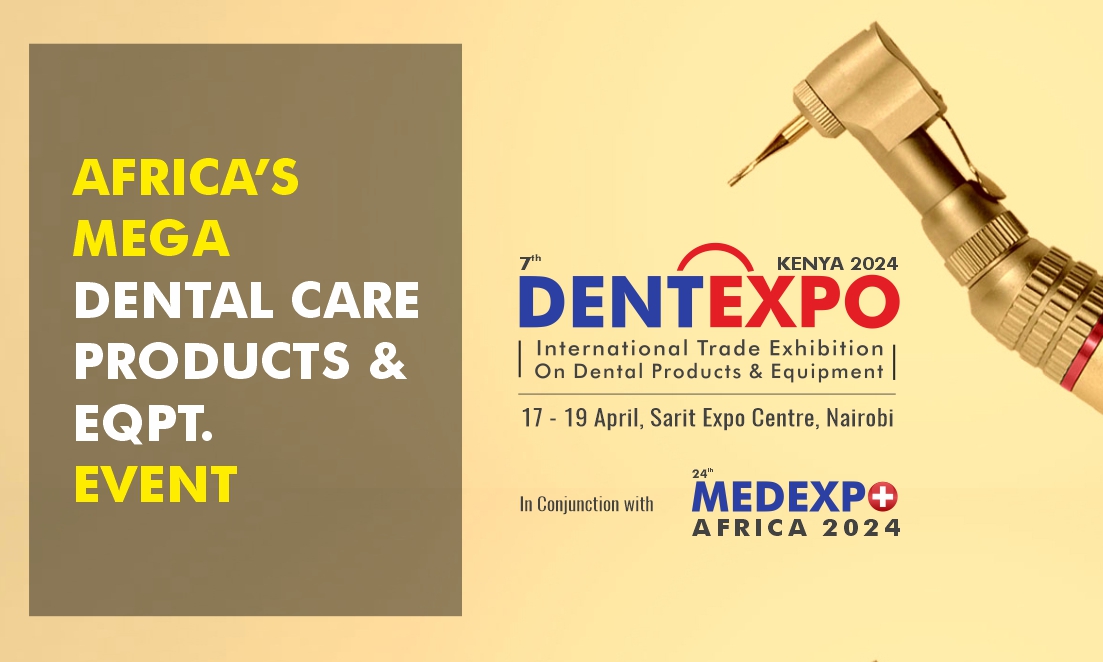

Turning kenya into global medical hub
Posted on :Friday , 11th August 2017
The world watches in bewilderment as the US Senate fumbles all its attempts to revise the American healthcare system and erase former President Obama’s legislative legacy.
Make no mistake about it, American healthcare exists in a state of chaos. Where can one go for the best specialist care in the world? Where can one also see the some of the largest proportions of formal sector wage earners still unable to afford any healthcare at all? Which country subsides as the only “developed” nation that fails to guarantee medical care as a basic human right through socialised health coverage for its entire population? These contradictions sadly all point to the same nation: the US.
How can Kenya capitalise on the medical turmoil on the other side of the world? Enhance its medical innovation cluster focus on making Kenya, and Nairobi in particular, a global healthcare hub. While Kenyan healthcare is by no means perfect and the sector strikes highlight some of the major issues, we still dominate the region with the citizens of neighbouring nations and beyond flocking to our private hospitals, surgical units, and specialist consultants.
Various medical hubs exist in the world. Minneapolis, Cleveland, Chennai, and Bangkok all immensely benefit from specialised medical tourism. Up and coming medical hubs include our very own Nairobi as well as Dubai and Mauritius. Kenya carries most specialties of medicine and retains relatively high quality of medical education. Highly skilled doctors, nurses, lab technicians, and administrators fill our landscape. Drugs, specialised tests, and consultant visits in Kenya all stand at a fraction of the price of America.
Social science provides a framework for the role that a government can play to boost an industry that it deems plausible to compete on global or regional levels. First, governments can fund research and development in a sector. Government funding that covers operating losses does not help and instead creates lazy inefficient systems in any industry. Instead, governments should finance research and development as well as domestic industry association prizes and competitions. Such actions prove highly effective at building an innovative cluster, like in our example of an affordable medical tourism destination.
Second, governments hold enough local purchasers and become a purchaser of a critical mass of industry output. In the private hospital sector, the Aga Khan University Hospital and Nairobi Hospital continue to expand. Local consumers of private medical care exist, but the government could do more to channel purchasers through more patient tax write-offs and NHIF reform, as examples.
Third, governments must build infrastructure to support the medical sector. Swifter import of medical equipment through streamlined procedures, eradication of import duties on patient medical equipment to individuals in theory and in practice, wider roads leading to major hospitals, among others are methods utilised in other nations who endeavour to boost their medical innovation cluster.
Fourth, the Central Bank of Kenya can incorporate specific macroeconomic goals to further the sector, such as deflating the shilling so medical tourists can afford procedures even easier or reducing inter-bank borrowing rates to reduce interest rates further so private hospital systems can borrow cheaply and expand. Selecting an industry to focus on in building an innovation cluster, the sector must get priority even when macroeconomic actions might hurt other sectors of the broader economy.
Fifth, governments must foster robust education in a targeted innovation cluster. Enhancing education should not merely focus on tertiary education and reducing fees in government medical education institutions, such as KMTC, but also infuse science, technology, engineering, and mathematics (STEM) deeper into primary and secondary education. Additionally, expand post-graduate qualification offerings and quality in different medical fields.
Do you agree that medical tourism as an innovation cluster should become an important government priority? What other industries could Kenya compete in on a global scale? Kenya already dominates regionally or continentally in ICT, banking, securities, accounting, entrepreneurship, and holiday tourism, among others. Could any of these expand to global competitive stature? Yes, if public-private partnerships target a few industries only and put substantial resources and implement the above five specific actions into practice.
Please Select an Option

Expogroup
Expogroup is a full service exhibition organiser with over 28 years experience in International trade exhibitions. Our current portfolio includes 28 annual exhibitions from a diverse range of industries being held across the Middle East & Africa.
EXPOGROUP © 1996 - 2025 | Privacy policy

